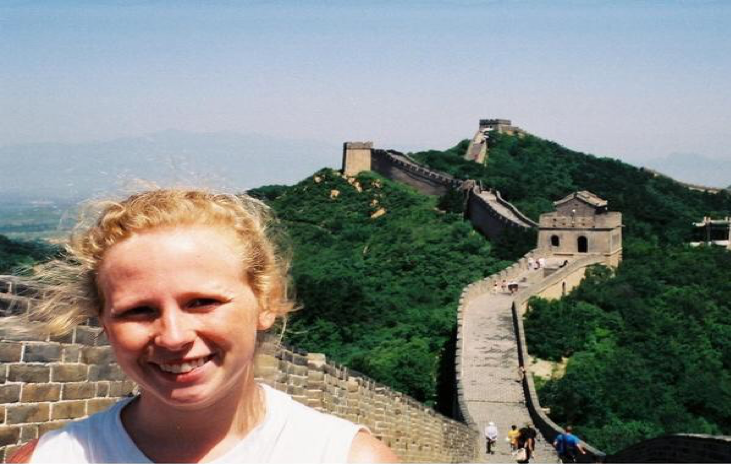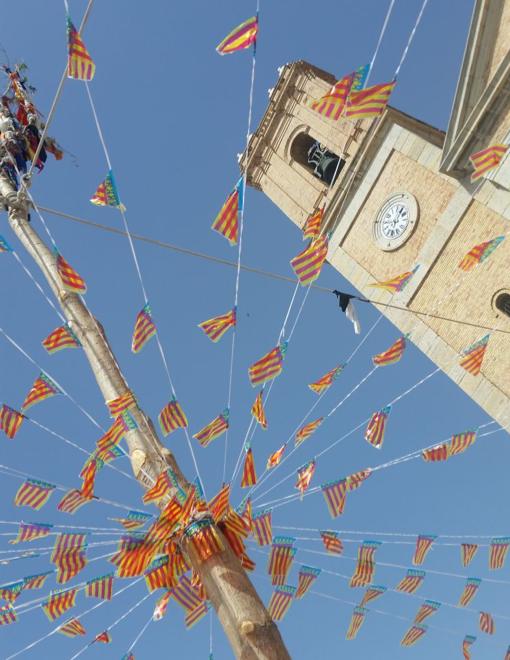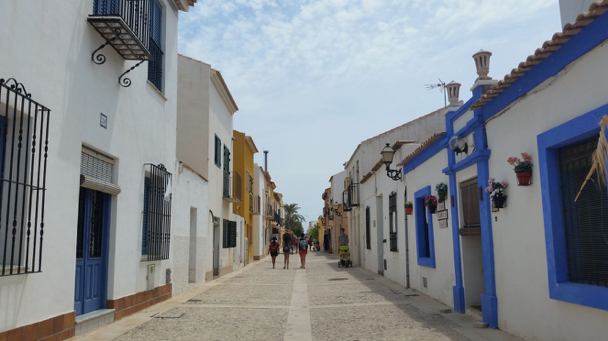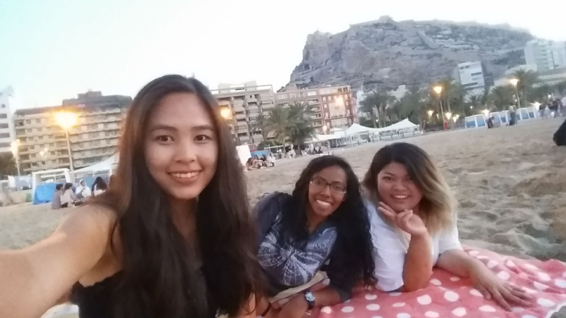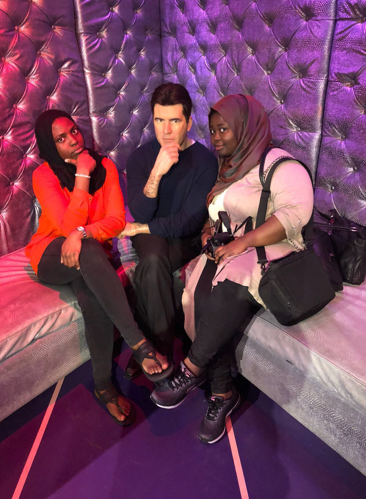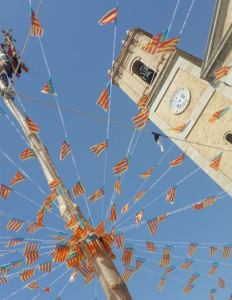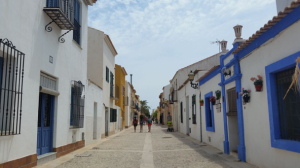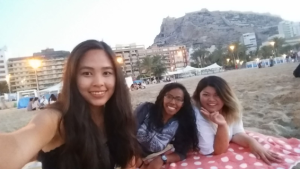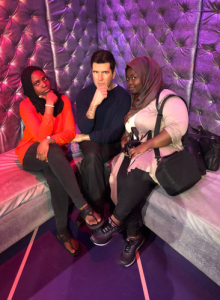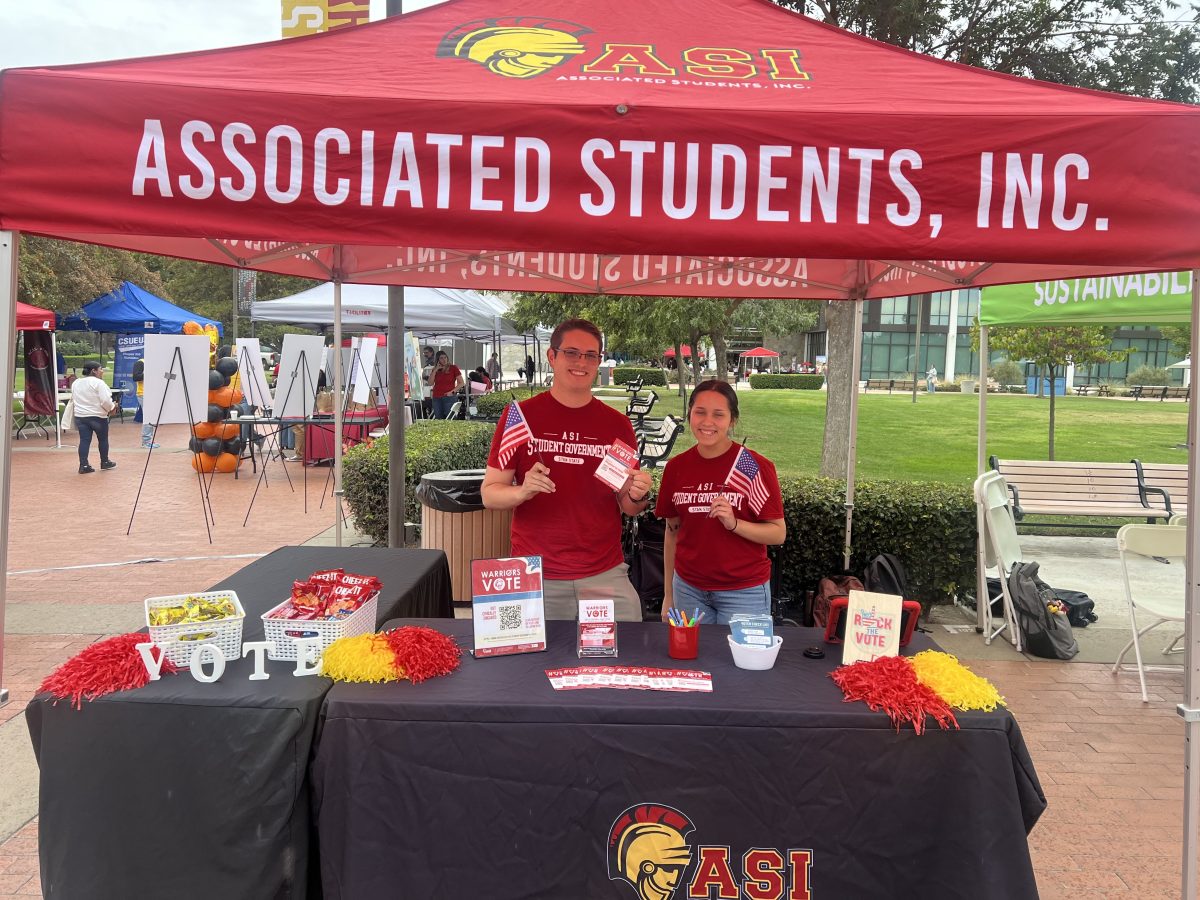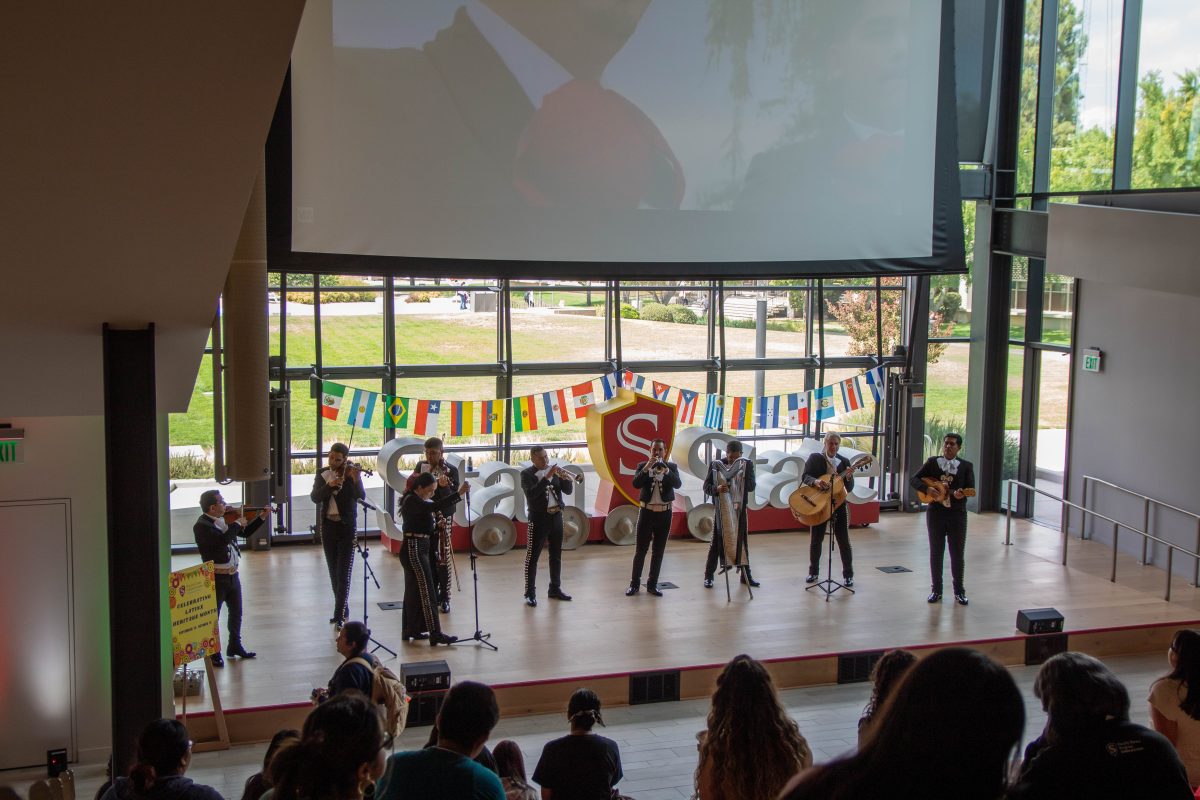Stan State is home to about 40 to 50 international students who have left their home country to study abroad in an environment different from their own. The university provides the opportunities to go abroad to experience what life and college is like in other countries.
In some instances these students go through culture shock and/or reverse culture shock, which are unexpected experiences that impact people’s lives.
Stan State hosts many international students from all parts of the world like China, Japan and Nigeria, to name a few.
Currently, 38 of those students studying at Stan State are undergraduates and three are graduate students.
As for domestic Stan State students, about 30 to 40 students study abroad each semester.
“I’m hoping it will go up in the next few semesters,” Brittany Fentress, International Admissions and Services Coordinator, said, hoping that more students choose studying abroad in the coming semesters.
Every person has different experiences when they go to another country and might feel overwhelmed by their new surroundings. This is commonly referred to as culture shock.
“It’s kind of sensory overload. Since there are so many changes from the culture from where you are from,” Fentress said.
Faidat Olabanji (junior, Health Science), an International student from Nigeria, said that she experienced a culture shock when she came to the United States and observed the interaction that students and professors have.
“Now culture respect was huge for me. You never argue with professor back in Nigeria because it’s a sign of disrespect, but here so far you are trying to prove a point or show the professor otherwise, that is considered okay because the professors are ready for challenges, and are ready to listen to their students,” Olabanji said.
Cayla Sablan (senior, Spanish), a Stan State student who studied abroad in Alicante, Spain, said she also had a culture shock during a night out in Spain.
“The biggest culture shock I experienced is that people freely urinate in the streets/gutters after a night of partying. This is because Spain lacks public restrooms,” Sablan said.
Not only is culture shock a part of the experience of studying abroad, but so is reverse culture shock, when the student goes back home and feels alienated or trying to find their place at home again.
“You have had this life-changing experience and you have grown, but you have to try to rediscover your place at home. It is unexpected, which in my opinion makes it harder to deal with,” Fentress explained.
Sablan described her experience with reverse culture shock after returning home from her trip Abroad. “Nothing surprised me when I returned to California. Life went back to normal. I just felt more content and at home in Spain,” she said.
When these students go abroad, they might not prepared for everything they will encounter. No one knows how things will be until they set foot in a new country.
For Olabanji, the size of Stanislaus County was very unexpected. “It’s a small county was a shock for me. I always thought all places in the United states would be skyscrapers and more technology,” she said.
After going through new experiences abroad, it is likely that these students will be left missing something about the place they spent a semester or a year in.
“The way of life. How people don’t judge quickly or at all. They take things as they come. I miss being able to sit down and watch the world go by and appreciate everything around me. I feel that life in the U.S. is stressful and fast-paced,” Sablan said regarding what she will miss most about studying in Spain.
Olabanji also shared what she would miss the most once it’s time for her to return home to Nigeria. “The small town life, the friends I made and I will be making, the educational feeling the professor give me in regarding to the school,” she added.
Both international students and domestic Stan State students who have studied abroad return home with new experiences and grown as individuals. It isn’t easy dealing with new environments, but being able to experience another culture and country while also pursuing a degree is an experience anyone can take advantage of.
Fentress, who works as student support at the International Office, is the best person to go to for any more information or questions, since she is in charge of helping both International and Stan students with their admissions process.
She shared some advice for all students who are having any thoughts regarding studying abroad.
“I would recommend for students to come to our information sessions earlier. We also want you to plan out your classes so it’s not going to affect you in terms of when you graduate.”
Categories:
Studying Abroad: Culture Shock, Reverse Culture Shock
by Contributing Writer Sarahi Meza-Gutierrez
•
May 11, 2018
Brittany Fentress, International Admissions and Services Coordinator, at age 19 on her first trip studying abroad in China. (Photo Courtesy of Brittany Fentress)
0
More to Discover

